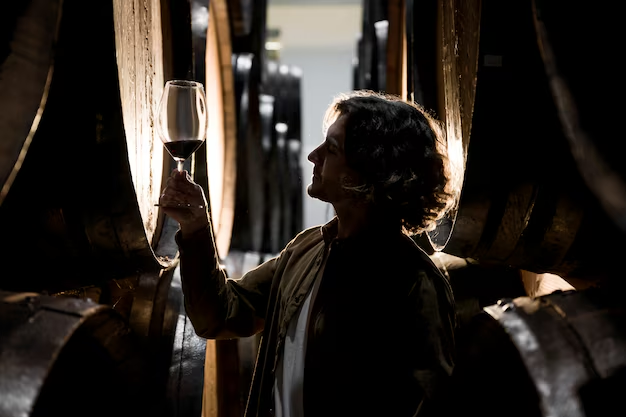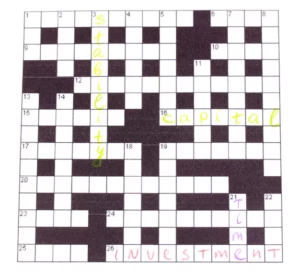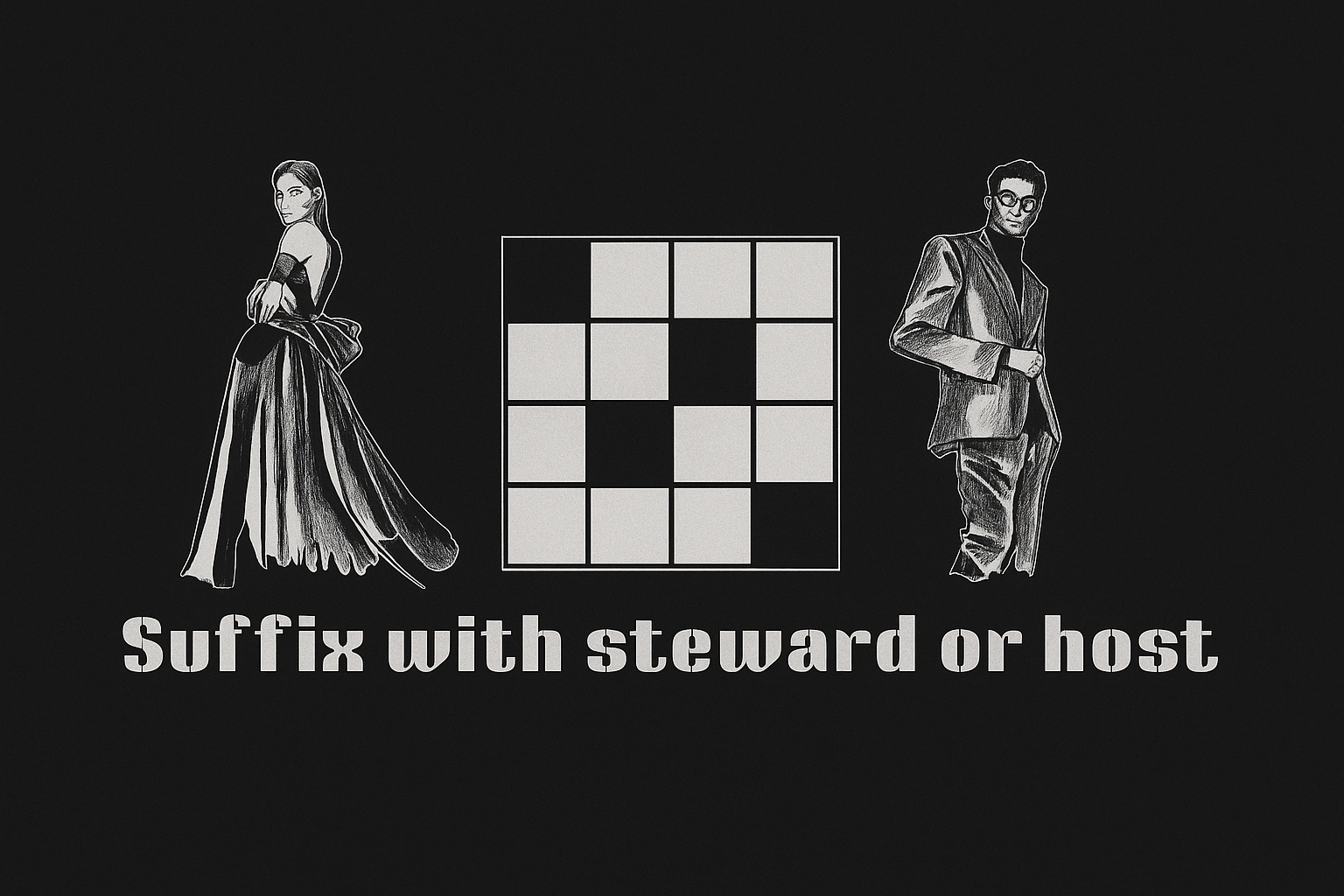There are jobs, and then there are callings. A sommelier’s duty is not just to pour wine but to translate a vineyard into a memory, a bottle into an emotion, a sip into a story. The New York Times (NYT) has often explored the elegance and challenges of this role, but beyond reviews and restaurant reports lies something far deeper: a sommelier’s work is an act of art, trust, and soulful service.
So—did a sommelier’s duty? Yes, and always more than duty: it is devotion.
Who Is a Sommelier? 👨🍷👩🍷
At its simplest, a sommelier is a wine steward, guiding guests through cellars and menus. But in truth, they are:
-
Historians of vineyards.
-
Poets of flavors.
-
Guides through choices.
-
Psychologists who read moods at the table.
They carry within them centuries of tradition and yet whisper it with modern grace.
The Essence of a Sommelier’s Duty ✨
The duty of a sommelier is not transactional—it is transformational.
-
Curating Wine Lists – Mapping the world of grapes for a single restaurant.
-
Pairing with Food – Turning meals into symphonies.
-
Educating Guests – Speaking of regions, notes, and stories without arrogance.
-
Serving Gracefully – Pouring not just liquid, but atmosphere.
-
Preserving Culture – Keeping alive the timeless dialogue between land, climate, and people.
NYT and the Sommelier’s Stage 📰
The New York Times has long chronicled the lives of sommeliers—from the pressures of Michelin-starred dining rooms to the quiet triumph of an inspired pairing. In those stories, we find the truth: a sommelier’s duty is not just professional but profoundly human.
The Language of Wine 🍇
Every sommelier becomes fluent in a language that is not written, but tasted.
-
“Crisp” whispers of morning air in Champagne vineyards.
-
“Velvety” sighs of a Burgundy red.
-
“Earthy” carries the soil of Tuscany on its back.
To do a sommelier’s duty is to translate this liquid poetry for someone who seeks not just to drink, but to feel.
The Emotional Weight of the Duty 💭
For diners, wine may be a luxury. But for sommeliers, it is responsibility. They must:
-
Anticipate moods.
-
Balance budgets.
-
Respect traditions.
-
Make a stranger feel like family.
It is not just opening bottles—it is opening experiences.
Pairing Food and Wine: The Sacred Art 🍽️
Imagine a bite of seared duck. Alone, it is delicious. But with a glass of Pinot Noir, it becomes a dance of fire and silk.
This is where a sommelier’s duty shines brightest: not in pouring, but in pairing.
Challenges of a Sommelier’s Life ⚖️
The NYT has revealed not only the glamour but the grind:
-
Long hours beneath chandeliers, always smiling.
-
Pressure to be perfect, with every recommendation judged.
-
Gender and diversity struggles, in a field once dominated by tradition.
-
Balancing tradition with trends, as natural wines and new palates rise.
And yet, through it all, the sommelier pours joy into glasses that may never thank them.
The Psychological Duty 🧠
Yes, sommeliers must know vintages. But they must also read faces.
-
Is the diner shy or adventurous?
-
Do they want prestige or comfort?
-
Do they crave memory or novelty?
The sommelier’s duty is not just wine literacy—it is emotional literacy.

When Duty Turns to Art 🎨
There is a moment when a sommelier suggests a bottle, and the diner’s eyes light up. In that instant, the sommelier has done more than their duty—they’ve created art. They’ve painted a memory with grapes and oak.
Did a Sommelier’s Duty End with Service?
Never. A sommelier’s duty lingers. The bottle they chose may become:
-
The wine of an anniversary.
-
The taste of a proposal.
-
The background of laughter with friends.
Long after the glass is empty, the sommelier’s duty lives on.
The Sommelier’s Code of Trust 🤝
Unlike chefs who create from scratch, sommeliers curate trust. Their word is the bridge between guest and vineyard. If they falter, the experience cracks. If they succeed, the moment becomes timeless.
Poetic Aspirations in the Role 🌌
To be a sommelier is to live with paradox:
-
To serve, yet to lead.
-
To speak, yet to listen.
-
To be invisible, yet unforgettable.
It is a humble, sacred calling dressed in fine suits and polished glasses.
The Future of a Sommelier’s Duty 🚀
As wine culture globalizes, duties expand:
-
Teaching sustainability.
-
Elevating women and diverse voices in wine.
-
Guiding younger generations through digital tastings and virtual vineyards.
Tomorrow’s sommeliers will carry not only bottles but also the weight of change.
Conclusion: The Sacred Pour 🍷
So, did a sommelier’s duty, NYT?
Yes—and their duty is far more than pouring wine. It is about carrying centuries in a bottle, emotions in a sip, and trust in every recommendation. A sommelier’s duty is to remind us that life, like wine, is not about drinking fast—it is about tasting deeply.
FAQs
1. What does it mean to do a sommelier’s duty?
It means guiding guests in wine selection, pairing, and service with knowledge, grace, and emotional intelligence.
2. How does the NYT portray sommeliers?
The New York Times highlights both the glamour and struggles of their profession, showing the art and pressure behind the role.
3. Is being a sommelier only about wine?
No, it’s about storytelling, trust, psychology, and cultural preservation.
4. What is the hardest part of a sommelier’s duty?
Balancing expertise with humility, and ensuring every guest feels respected and delighted.
5. Will sommeliers remain important in the digital age?
Yes—because no algorithm can replicate the soulful connection of a human recommending the perfect wine.








